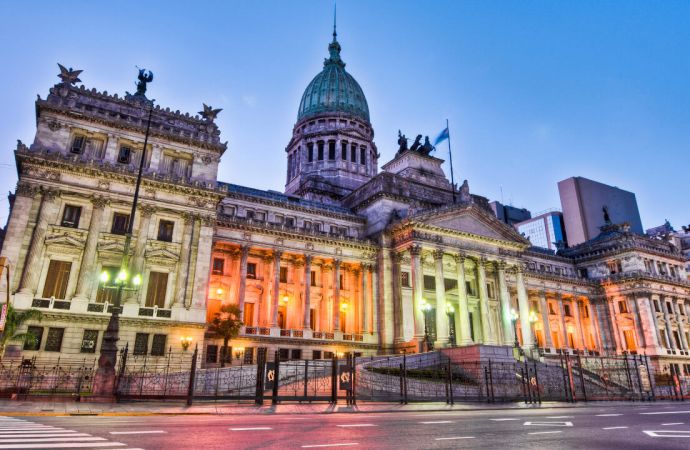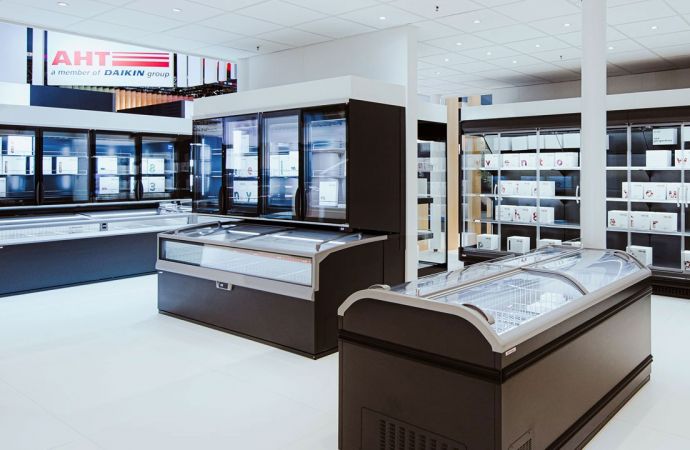More than 50% of the members of a Spanish trade group are working with natural refrigerants.
_1537453467.jpg)
Filipa Alves from Portuguese research centre ZERO addresses ATMO Ibérica.
At ATMOsphere Ibérica in Madrid on 18 September, Spanish industry praised natural refrigerants and argued that these climate-friendly refrigerants are increasingly being seen by the HVAC&R industry as alternatives to increasingly expensive HFCs.
Félix Sanz, deputy manager at AEFYT (the association of Spanish HVAC&R companies), opened the conference’s market trends session by advocating for a change in mentality by the stakeholders in the sector.
“Reducing GHG emissions is a great idea, and natural refrigerants are a powerful tool in this direction,” Sanz said, at the one-day natural refrigerants conference (organized by publisher of this website shecco).
He praised the European F-Gas Regulation’s HFC phase-down schedule, which is pushing for a wider uptake of natural refrigerants. But he noted that the higher prices for HFCs – which have increased dramatically this year – are also creating a black market for these.
Installations growing 20%-30%
Sanz welcomed the news that Spain and Portugal’s use of CO2 is growing and he noted in the last few years he has seen installations of transcritical CO2 increase by 20%-30% rate in commercial refrigeration systems (150 to 300 kW). “Today more than 50% of the members of AEFYT are working with natural refrigerants,” he said.
Confirming Sanz’ views, Julio Minguillón, technical director at Carrier Ibérica, explained that the global installer of natural refrigerant technology has now completed 90 CO2 TC systems for 16 clients in the Iberian peninsula (which includes Spain and Portugal).
The use of CO2 technology for refrigeration is unstoppable."
– Julio Minguillón, Carrier Ibérica
Minguillón said “the use of CO2 technology for refrigeration is unstoppable,” since its “efficiency and safety are now well demonstrated”.
Portugal is also moving in the direction of natural refrigerants, said Filipa Alves, Environmental Engineer at the Portuguese research centre ZERO. She credited innovative Portuguese retailers like Jerónimo Martins and SONAE, which have demonstrated to the market that CO2 and hydrocarbon can be used.
On the other hand, Alves said, greenhouse gas (GHG) emissions have increased in the country due to F-Gas emissions, which jumped from 1.4% to 5% between 2005 and 2016.
Similarly, the use of ammonia refrigeration in industrial refrigeration is also increasing in Spain according to AEFYT’s Sanz, and has been steadily growing since the 1990’s.
Yet barriers remain: "Training, training and more training. I said it three times: it is extremely important for a greater adoption of natural refrigerants and to raise awareness about their properties,” Sanz said. “We need more communication through like training courses, events, conferences and trade fairs.”
Related stories



